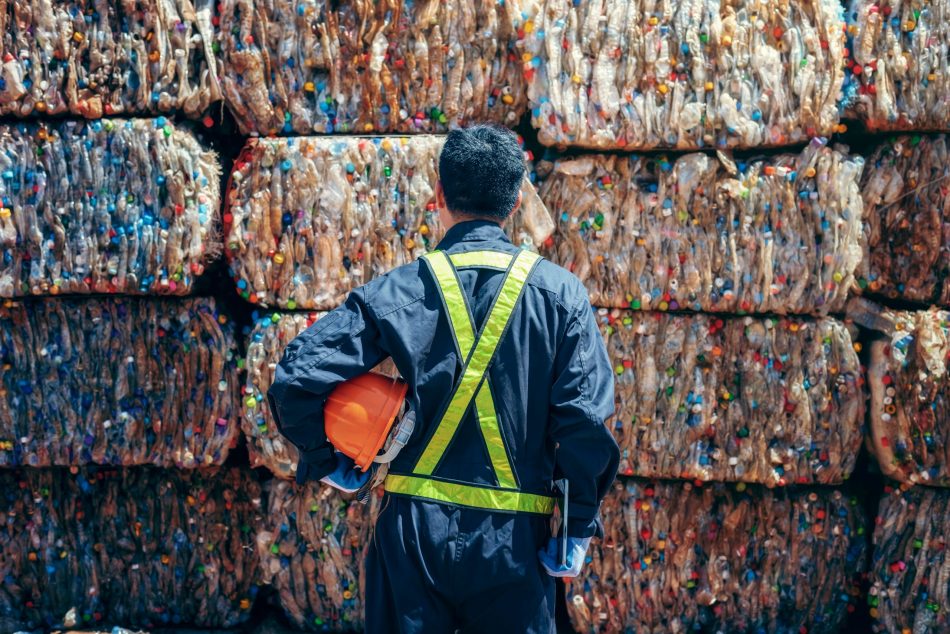The problem of plastic is in many ways a pandemic in and of itself, and the entire world is suffering from it. Most consumers believe that recycling is an effective way to combat the plastic problem, however, in practice the system simply doesn’t work, and in fact, only encourages people to continue using plastic with the mirage of a closed-circuit system.
That’s why non-profit organization Upstream Solutions drafted five sustainability bills aimed at reducing plastic waste and supporting a circular economy within the state of California.
“Single-use plastics are really bad for the environment and our health and throughout their lifecycle—from the extraction of oil and gas to manufacturing and disposal, they harm communities that live on the fenceline of these industrial operations,” Upstream’s policy director Miriam Gordon told EcoWatch.
California’s Governor Gavin Newsom recently signed Upstream Solutions’ five sustainability bills into law, which focus on proactive solutions for products and packaging to reduce the production of plastic in the first place, rather than recycling.
The five sustainability laws
SB 143 calls for “Truth in Labeling” for plastics and packaging
One of the biggest hurdles people face when trying to dispose of their waste properly is being unsure of what products are actually recyclable. That’s because even products that are not recyclable will still be labeled with the “chasing arrows” symbol that we recognize as “recyclable.” This resulted in many non-recyclable items being thrown into the recycling system, which contaminates the entire process, dooming many items that would have been recyclable to a landfill instead.
Now, in California, non-recyclable products will not be permitted to use the recycling symbol. Read more about this law here.
AB 881 measures how much plastic actually gets recycled
To give us a better idea of how much plastic makes it through the recycling system, mixed plastic waste exports to other countries will no longer be counted as “recycled.” Hopefully, this law will deter the illegal export of plastic waste from the US to other countries, which undermines the UN’s Basel Convention designed to regulate the trade of hazardous materials, including plastic waste.
AB 1201 updates labeling for compostable products
To help protect pollinators and biodiversity, this bill demands that anything labeled as “compostable” must break down naturally in real-life composting conditions. It also calls for manufacturers to take measures to make sure that their chemicals don’t contaminate organic produce, and bans the use of toxic PFAS, also called “forever chemicals.”
AB 962 makes it easier for brewers and other beverage producers to create recyclable glass bottle systems
This is what Gordon refers to as “the most exciting [of the bills] because it’s the first-ever effort to bring refillable beverage bottles into a state bottle deposit law,” which will hopefully cut down the need for single-use beverage containers.
AB 1276 reduces plastic food ware by demanding that take-out customers are only given single-use plastic food ware only upon request
Many take-out customers don’t end up using plastic utensils, stack of napkins, straws, and condiment packets that are automatically thrown in with the meal. “[B]y requiring restaurants to ask first… it stops the creation of instant waste,” says Gordon.
These laws address the problems behind the idea “that we can manage the waste properly once it’s created,” Gordon says. “What we need to do is tackle the ever-growing amount of waste being generated in the first place.”











